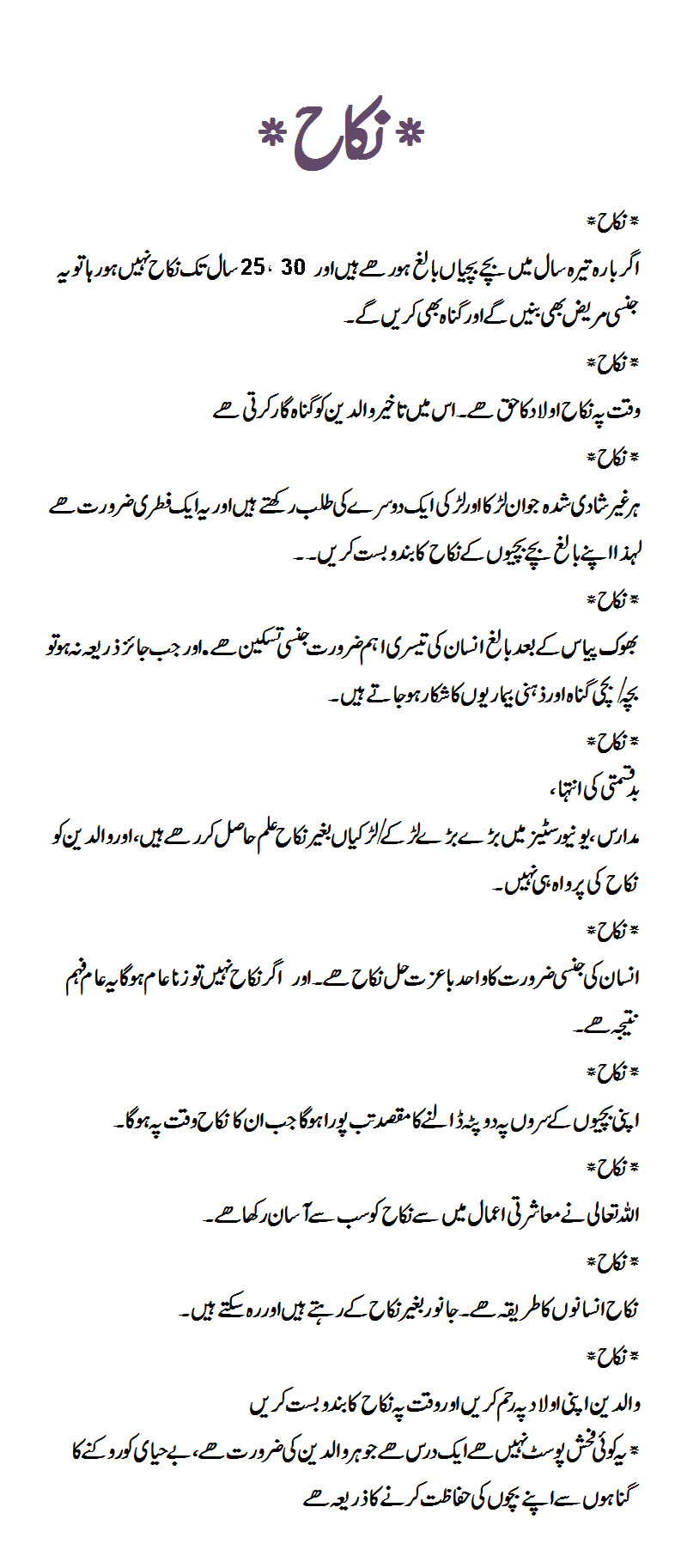The nikkah is a religious ceremony for a Muslim couple to be legally wed under Islamic law. It’s a Prophetic tradition and the only permissible way that a man and woman can be married. This ceremony makes the wedding official because in the Islamic tradition it’s not permissible for a couple to be intimate without a nikkah. The nikkah legitimizes the relationship in front of God and it’s when the couple says, “I accept.”“Marriage in Islam is a blessing,” says Imam Elturk, “and it is considered a very important part of faith.”
As with any marriage, someone has to propose for the nikkah process to start. Imam Elturk explains that the woman or the man can make the proposal as long as the intention is for marriage.
While in many cultures, it is often more common for a man to propose, in Islam the woman (or her family) can propose, “as was the case with Khadijah, the first wife of the Prophet, peace, and blessings upon him,” Elturk says.
The qubool is the acceptance of the proposal—but you don’t have to say yes right away. During the time between the proposal and the acceptance, the couple can meet as many times as they like to get to know each other as long as the meeting takes place in public or within close proximity of a chaperon.
For the nikkah, there has to be a minimum of two male witnesses that can attest to the fact that both the bride and groom say, “I do” or “qubool” from their own free will and without any force from family members or anyone else. It must be the bride and the groom who agree.
